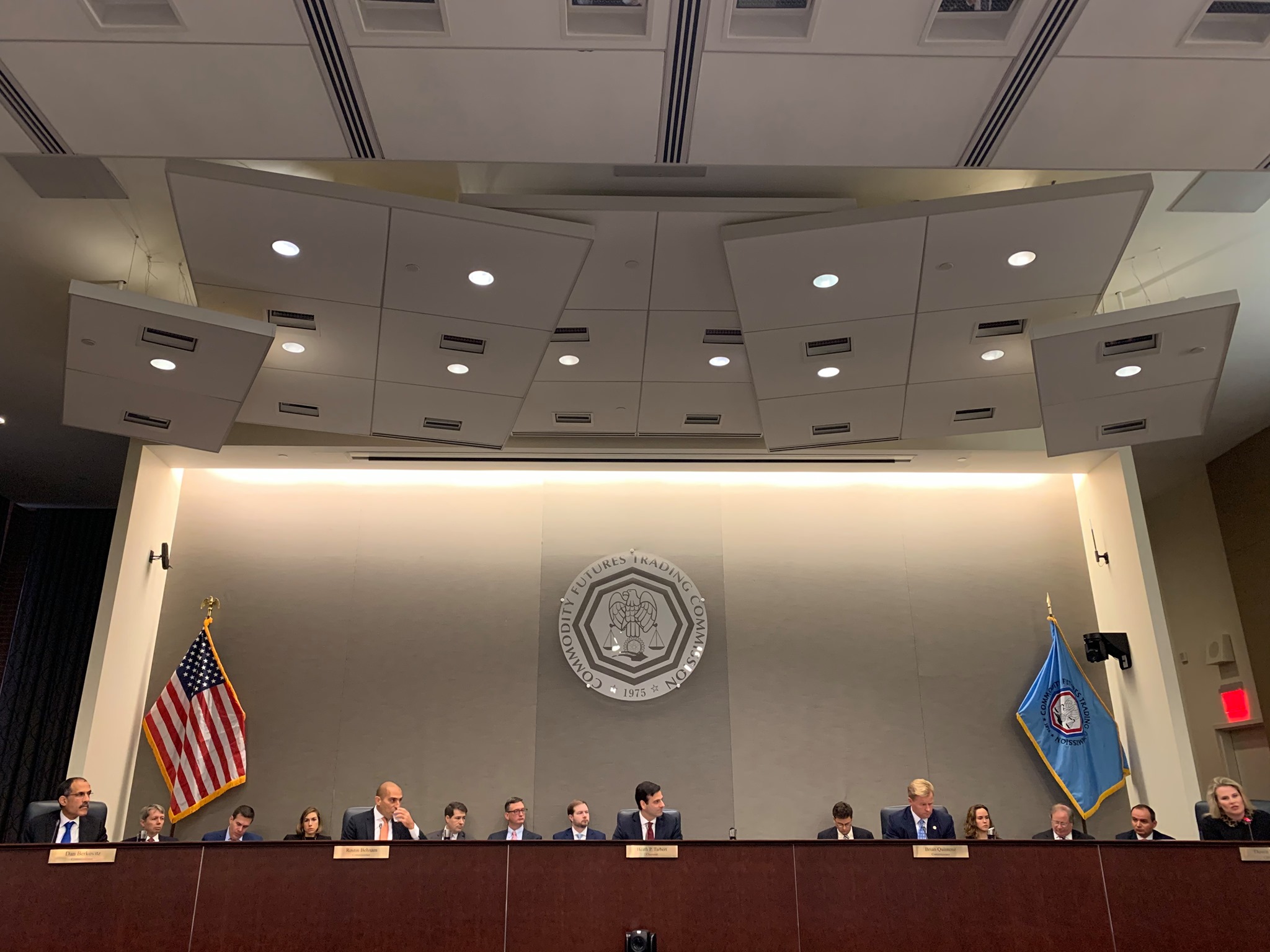The US Commodity Futures Trading Commission (CFTC) has approved its first set of guidelines for trading voluntary carbon credit derivative contracts. These contracts are financial instruments whose value is based on carbon credits, which represent the right to emit one metric ton of carbon dioxide or an equivalent amount of greenhouse gases.
Traders can use these contracts to hedge or speculate on future carbon credit prices, similar to traditional derivatives in commodities or financial markets.
Amid concerns over quality and double-counting, regulators have been pushing for more oversight of voluntary carbon markets, which have largely operated without government regulation. The CFTC’s new guidelines also include measures to prevent price manipulation on derivatives exchanges.
“The CFTC’s unique mission focused on risk mitigation and price discovery puts us on the front lines of the now global nexus between financial markets and decarbonisation efforts,” said CFTC Chairman Rostin Behnam.
Regulatory authorities in the US and Europe are increasingly focused on preventing greenwashing, where companies overstate their environmental credentials. Earlier this year, the CFTC launched an investigation into greenwashing as part of its broader crackdown on fraud and misconduct in voluntary carbon markets.
In May, the US government introduced rules governing voluntary carbon credits to enhance confidence in the growing market, following the failure of some high-profile offset projects to achieve the promised emissions reductions. Treasury Secretary Janet Yellen emphasised that voluntary carbon markets could help drive private-sector efforts to reduce emissions, but only if current challenges are addressed.
Many companies purchase voluntary carbon credits to “offset” their own greenhouse gas emissions, with the credits largely supporting emission reduction or removal projects in developing countries.
